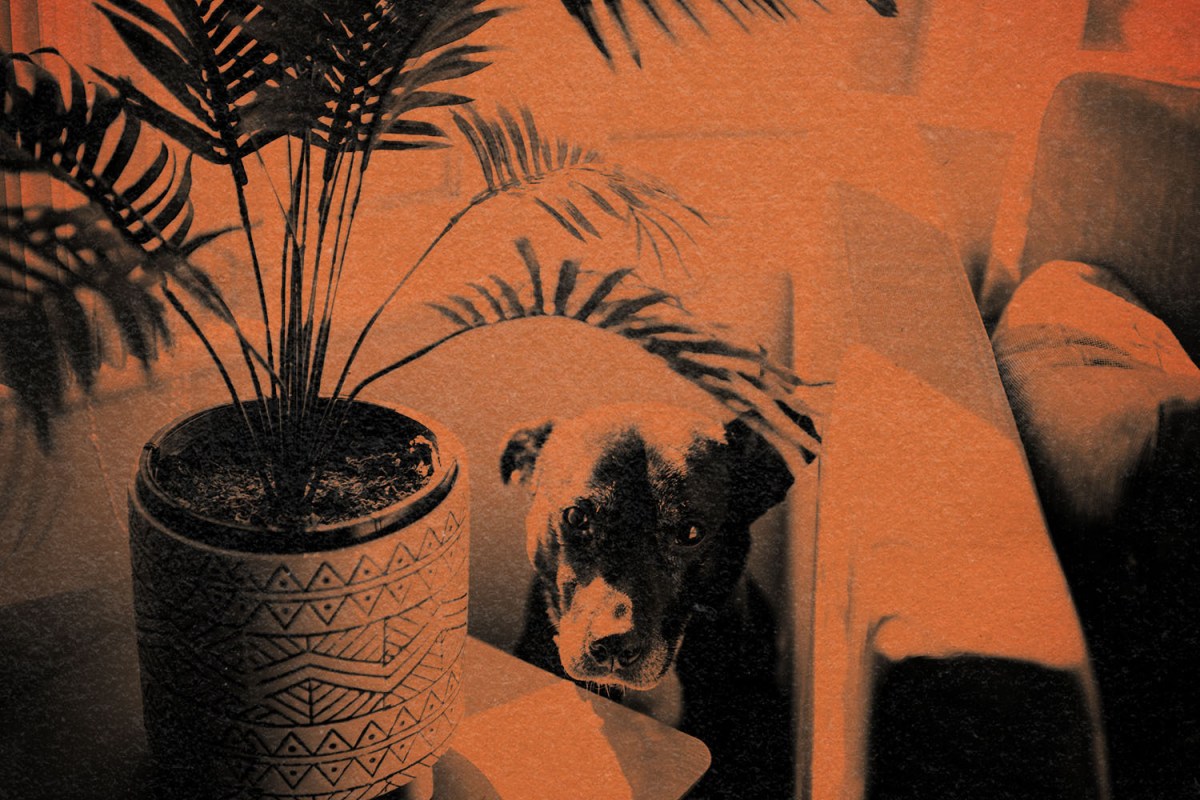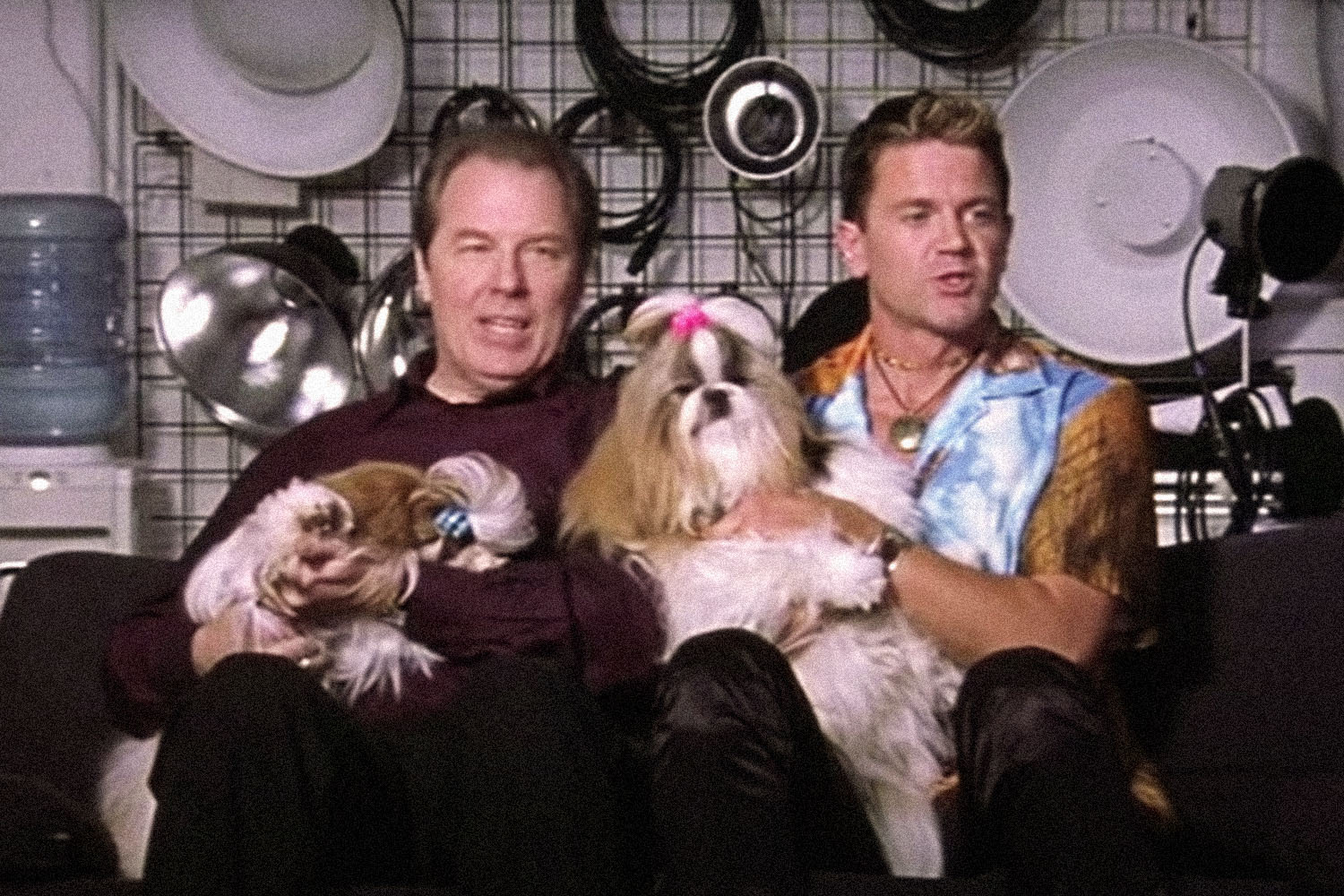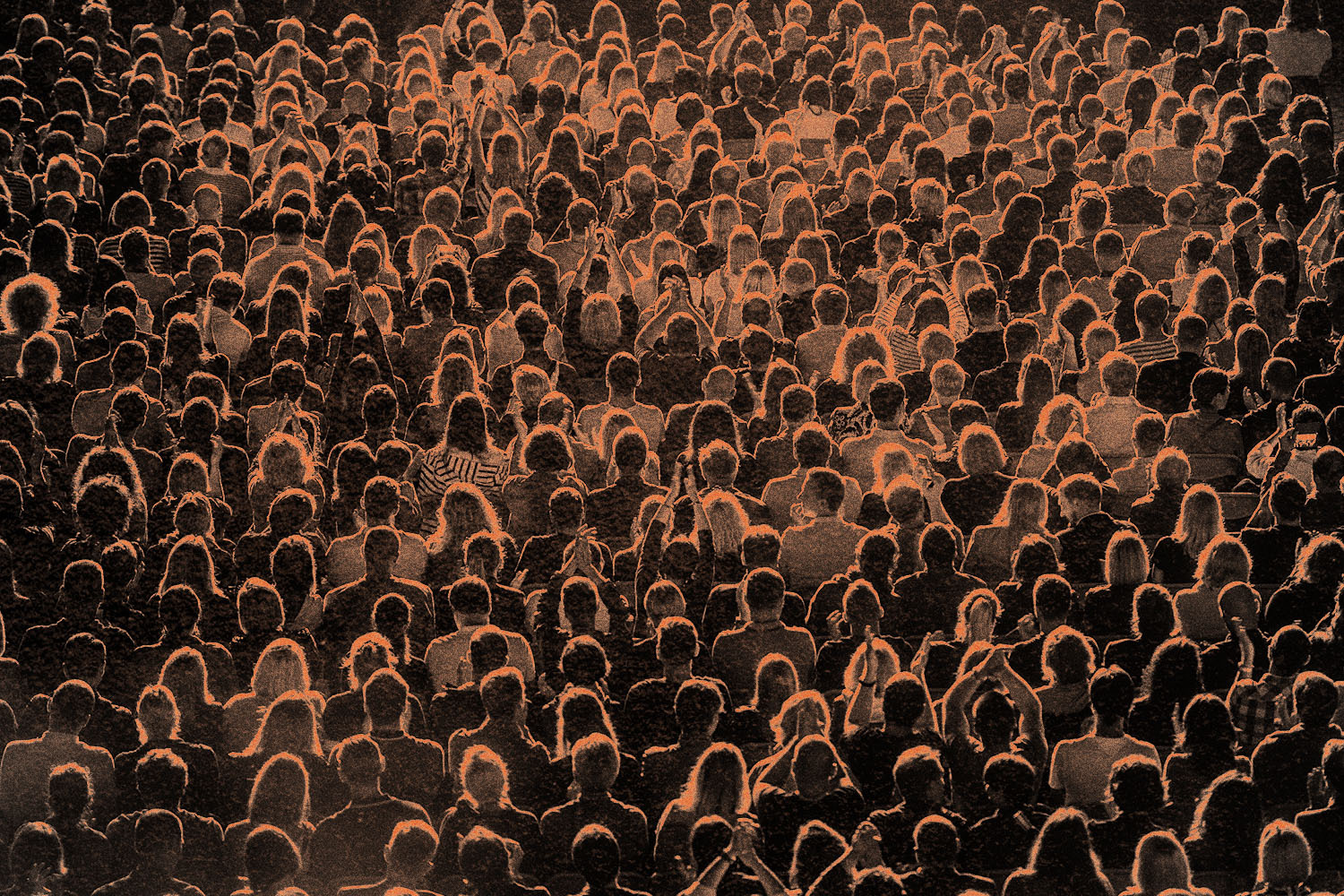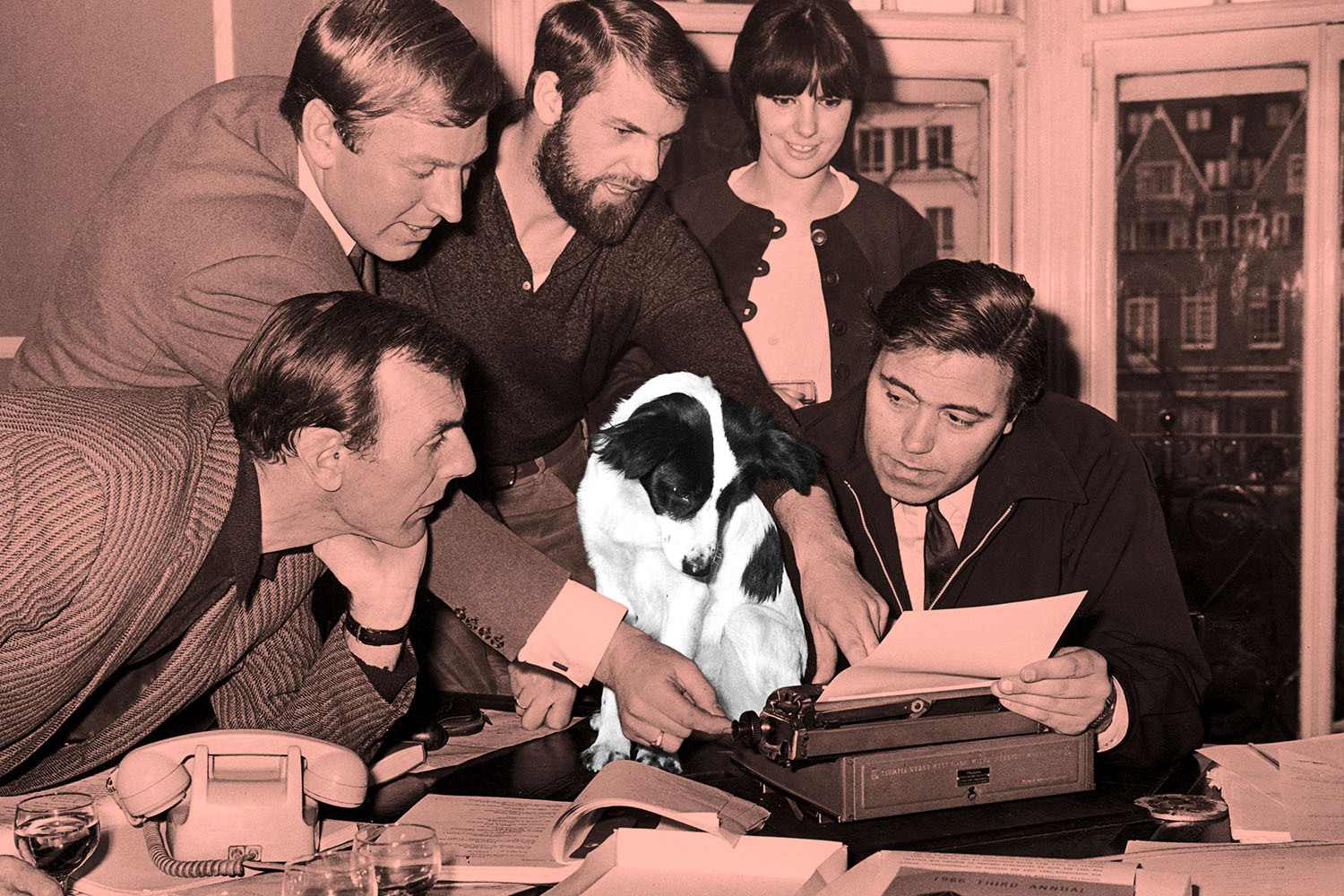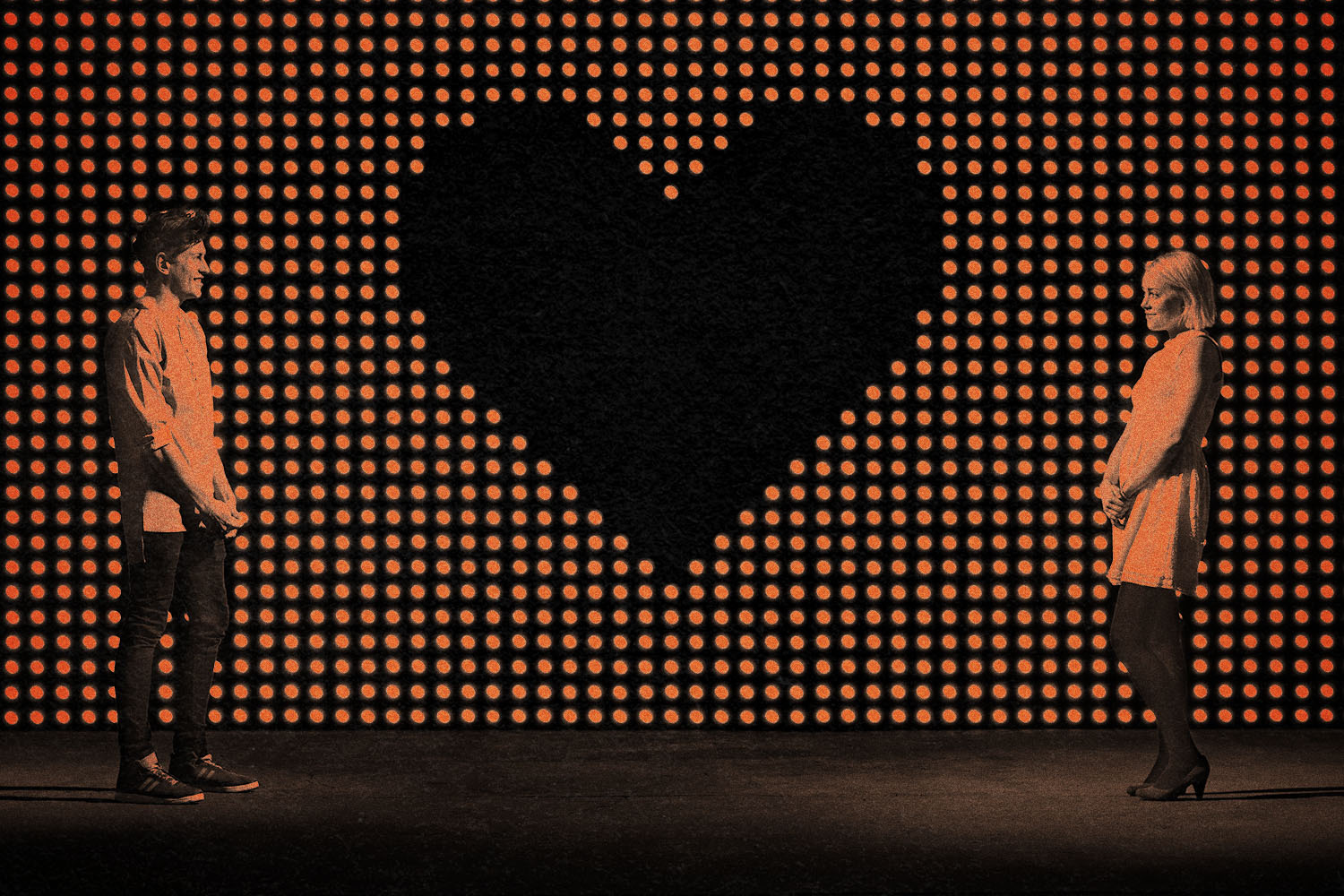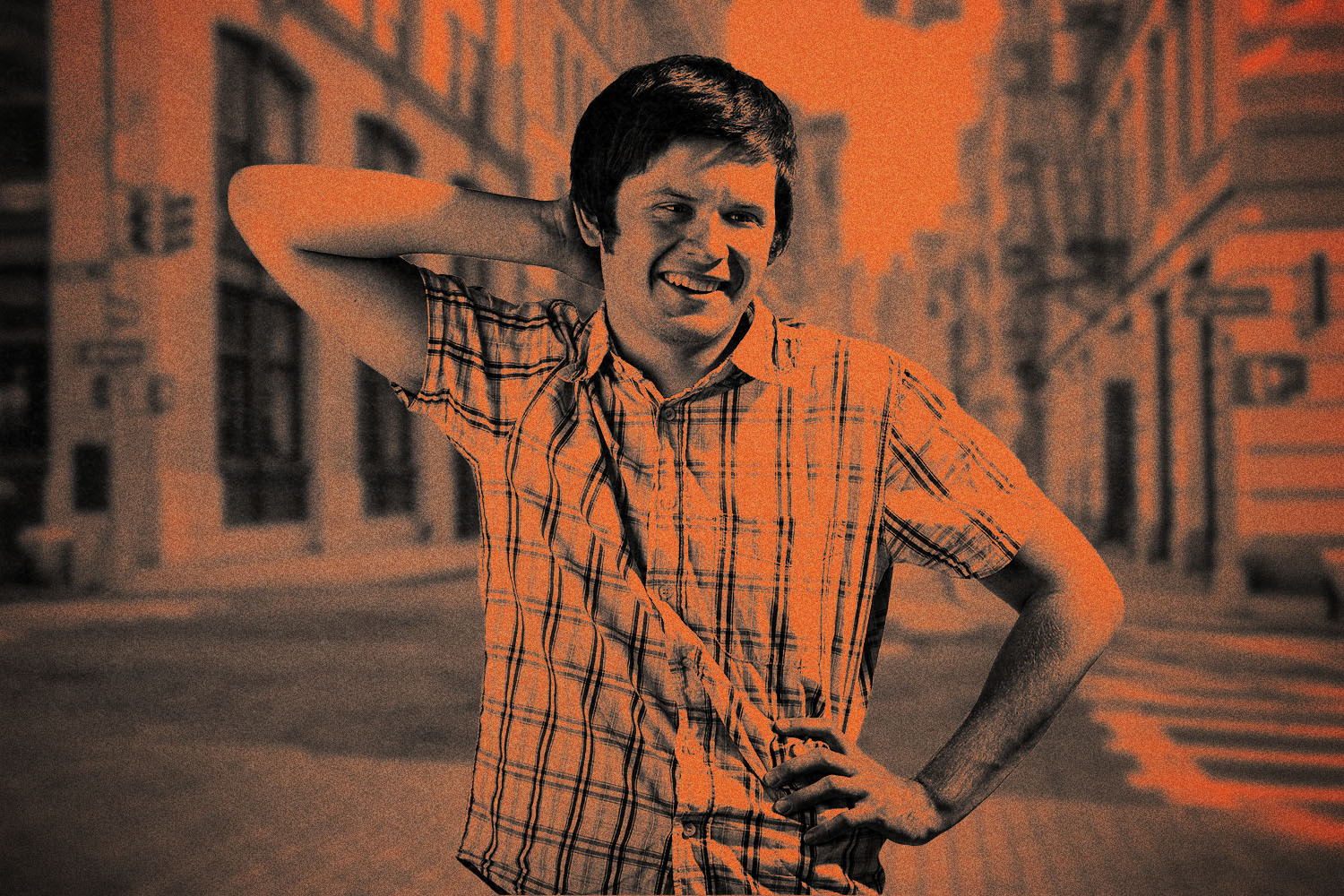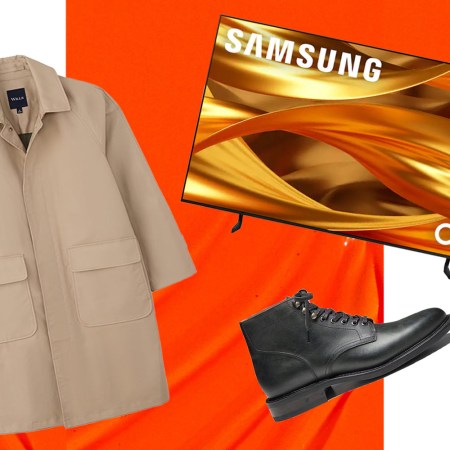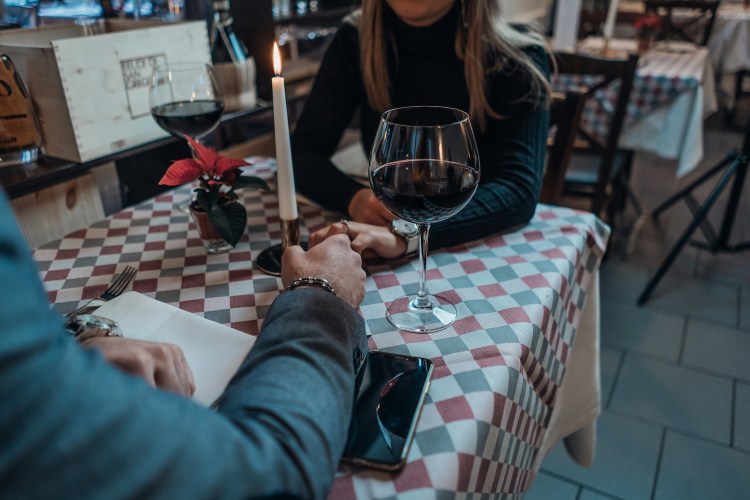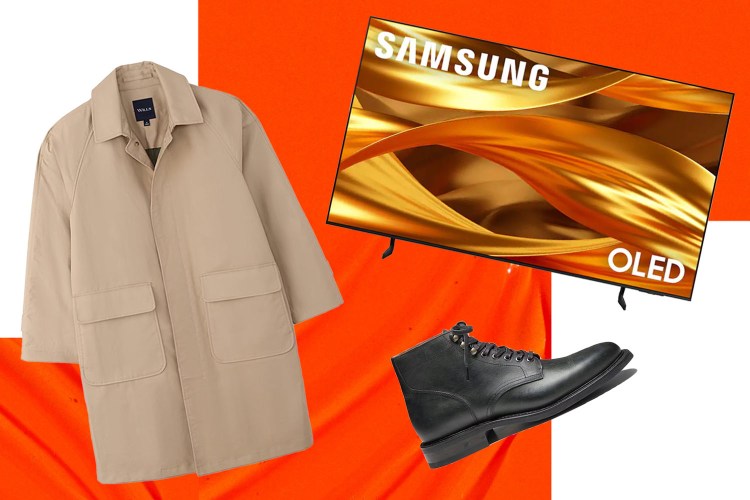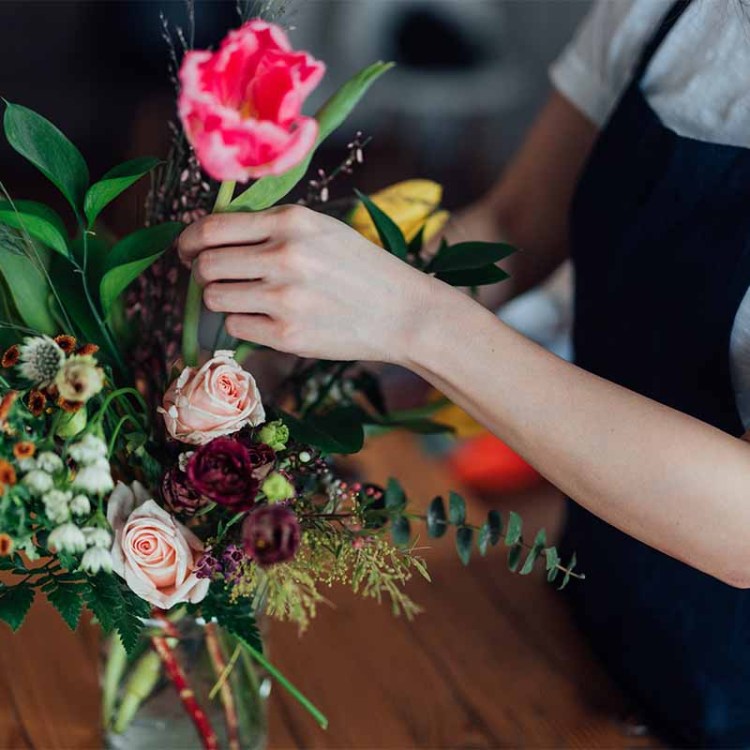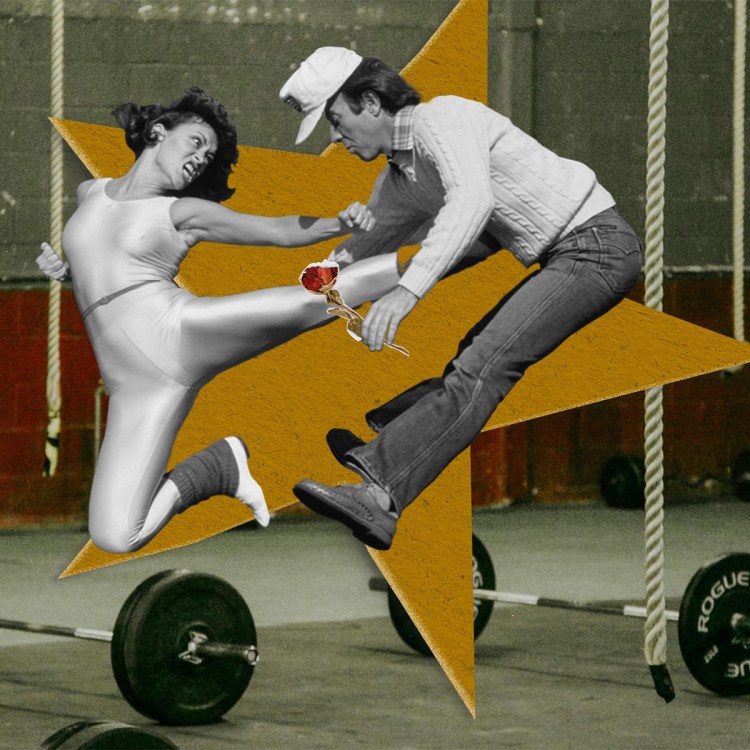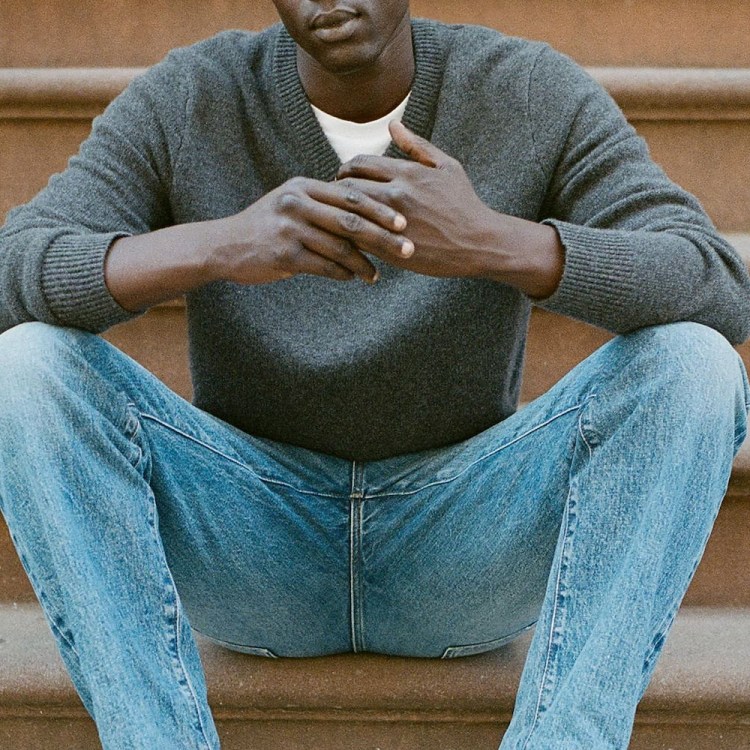At some point this year — probably June or July, according to most state legislators — coronavirus restrictions will ease and we will all re-emerge, like bears from their slumber, into polite society. To help you readjust, we’ll be sharing some advice on grooming, fitness, getting dressed in something besides sweatpants (but also sweatpants), how to manage your stress and mental health, dating, concert and bar etiquette, and more.
“I’ve been a vet for 12 years, I’ve never seen anything like it.”
Dr. Jamie Richardson is talking about one outcome of the pandemic that you’ve likely heard before: Americans brought home dogs. Lots and lots of dogs. Shelters found themselves empty, breeders racked up longer backlogs, rescue animals were even named Time magazine’s “Pet of the Year.” But while man’s best friend eased the burden of quarantines, uncertainty and upheaval, what if our socially distanced lifestyles hardwired our new puppies for failure when we enter post-vaccination life?
Bad social skills are the canine problem many new dog owners are about to face, if they haven’t already. Another problem, separation anxiety — when people go back to offices after working from home with their puppies sitting on their feet all day — has been top of mind; and Richardson, chief of staff at Small Door, a new membership-based veterinary concept, is taking it seriously (“It’s definitely something I’m concerned about, especially as we go into the latter half of this year.”). But owners have all manner of new-age solutions to that issue, from DogTV to cameras that also act as treat catapults. Meanwhile, poor socialization is something that may not be remedied as easily after becoming ingrained early on.
“A huge reason that dogs end up in shelters is for behavioral problems down the road, and a lot of that stems from a lack of socialization,” Richardson tells InsideHook. “If they’re kept isolated in a bubble for too long they just lose this magical window where they’re really flexible as far as what they’ll accept and what they’ll get used to.” And a bubble year is exactly what we are just now exiting.
Let’s say you got some poodle mix in the first few months of the pandemic. We are now almost 14 months away from the start, and as Richardson notes, it’s critical “in the first four months of their life to expose them and socialize them to everything that they’re going to need to be well-equipped adults.” Chances are most owners didn’t expose their puppies to the myriad sounds, smells and sights they’ll be encountering upon a return to daily life, and they certainly didn’t bring them around all the other dogs and humans they’ll now be seeing. That means, despite your goldendoodle being a perfect angel in your apartment or house, they may have developed fears and insecurities you may not even know about until you restart your pre-pandemic routine.
By keeping to a tight-knit group for the last year, puppies could have developed shy, anxious, vocal, even aggressive personalities. Even among Small Door’s clientele — who had access to dog play groups throughout the pandemic, though owners initially had to stand outside and watch through the windows of their West Village location — Richardson admits those necessary social interactions were down across the board.
“You weren’t going out and socializing where you would take your puppy with you to brunch or to the park and for a picnic and all that sort of stuff,” she says. All those seemingly mundane tasks actually add up to a lot of learning experiences in the life of a dog.
While teaching dogs how to play nice with their animal peers, as well as other humans, is easiest during that first four month period, that’s not to say it’s impossible afterwards. In fact, the process of reconditioning is not much different than what all the people who adopted older dogs from shelters have had to do during the pandemic.
“You just might have your work cut out for you a little bit more as far as the effort you have to put in,” Richardson says.
There are a few tips she has for those in this situation. First, if you can afford to hire a good trainer, do it. Not only can they offer a solid foundation for you to build on, but if the entire household (if you have a partner, kids, etc.) works with the trainer together you can all be on the same page, and if they do group classes with other dog owners there’s some extra socialization thrown in to boot. If you’re going with DIY dog training, Richardson recommends going slowly at first, introducing new stimuli one by one, and to come from a place of positivity.
“Whether that’s using treat-based reward, praise or a favorite toy when they’re exposing them to new things or trying to get them to do things,” she says, “[positivity is] where it should come from.”
At Small Door, they actually have four pillars of puppy training: patience, persistence, repetition and positive reinforcement. So while social ineptitude is not something to be taken lightly, it’s also not something you can expect your dog to remedy overnight. It may take a few weeks, or all summer. After all, no two dogs are exactly alike, and they’ve got plenty of other things they’re trying to learn at the same time, like learning to chill out when you’re no longer working from home, as well as some lessons people people who don’t own dogs are lucky they never need to think about.
“We’re seeing a lot of dogs eating masks” says Richardson. “They, for whatever reason, seem to be tempting to puppies to eat.”
Sorry, dog owners, add “don’t eat COVID face masks” to your training to-do list.
This article was featured in the InsideHook NY newsletter. Sign up now for more from all five boroughs.
